What do you need to know about egg donation over 30? Here’s how to know if you’re eligible for donating your eggs.
Have you been thinking about donating your eggs in your 30s? If so, you may have some questions about the process.
Women choose to donate their eggs for a wide variety of reasons.
At its core, egg donation is an act of generosity that will allow infertile couples or individuals to achieve their dream of having a baby.
However, whether you’re doing it for a close friend or family member or through an egg donor agency, it’s important to know what to expect.
So if you have some questions about the process, or you are worried about the risks or just want to know the benefits of doing it, you have come to the right place.
In this guide, we will outline everything you need to keep in mind before donating your eggs as someone who is 30 years or older.

What are the ages people can donate their eggs?
The process of egg donation involves undergoing hormonal stimulation before the egg is retrieved.
After egg retrieval, the donated eggs are fertilized with the sperm of the intended parent or a donor before being transferred to the uterus of the intended mother or a surrogate via IVF (in vitro fertilization) to help an infertile couple.
Now in general, egg donors are healthy women between the ages of 21 and 31.
However, these age requirements will vary depending on the fertility clinic or egg donor program you go to.
Some accept donor eggs from women who are as young as 18 and as old as 34 years old. This is why it is important to check with them first if you are considering it.
Egg donation is also regulated by different laws and guidelines in different countries.
Most egg donor agencies and clinics prefer younger donors because they tend to have more eggs, better egg quality, and higher success rates than older donors.
Other factors that determine the accepted age range of donors include:
- The legal ability to enter contracts and consent to medical procedures
- The physical and emotional health and maturity of the donor
- The number and quality of available eggs, which studies show declines with age
- The success rate and safety of the egg donation process
- Genetic screening results by fertility specialists
- Your medical history, overall health, reproductive health, and a psychological evaluation
That said, this does not mean that you cannot donate your eggs if you are past this age.
There are some exceptions as well as factors that may allow you to become an egg donor even if you are past the ideal age range.
If you have been thinking about applying to become an egg donor, it is important to understand that egg donation is a serious commitment that requires time, responsibility, and a lot of dedication.
You need to understand all the requirements and criteria before applying. We’ll cover these in the next sections.

What is the age cutoff for donating eggs?
As mentioned before, many fertility clinics accept applicants between the ages of 21 to 31. Some will accept older applicants, but there is a cut-off age.
Most fertility clinics have an age cutoff of 30-32 years. They do this because studies show that the quality and quantity of eggs begin to decline at around this age, which can reduce the chances of a successful pregnancy.
Additionally, a woman is born with a fixed number of eggs in her ovaries. This is called the ovarian reserve. This number decreases every month until you hit menopause.
The remaining eggs then become more likely to have chromosomal abnormalities which can affect their ability to produce a healthy pregnancy.
For this reason, the cutoff age for donating eggs is placed to ensure that all the eggs produced are still viable and healthy.
Earlier in this blog post, we mentioned that there are some circumstances where a woman will be allowed to become an egg donor even if she is past the cutoff age.
Here are some of them:
- You are a proven donor or a known donor: If you have donated eggs before that resulted in successful pregnancies, you may be able to donate again even if you are over 30. This is because you have demonstrated that your eggs are viable and can result in healthy pregnancies.
- You are donating to a relative: If you are donating to a family member such as a sister or a cousin, some clinics may be more flexible with their age requirements. They do this because there may be emotional or genetic reasons for choosing a relative as an egg donor.
- You have a good ovarian reserve: As mentioned earlier, your ovarian reserve declines with age. However, it also varies from person to person. Some women may still have good ovarian reserve well into their 30s. You will need to undergo some tests to assess your ovarian reserve. If your healthcare provider gives you the green light, you’ll be an eligible donor despite your age.
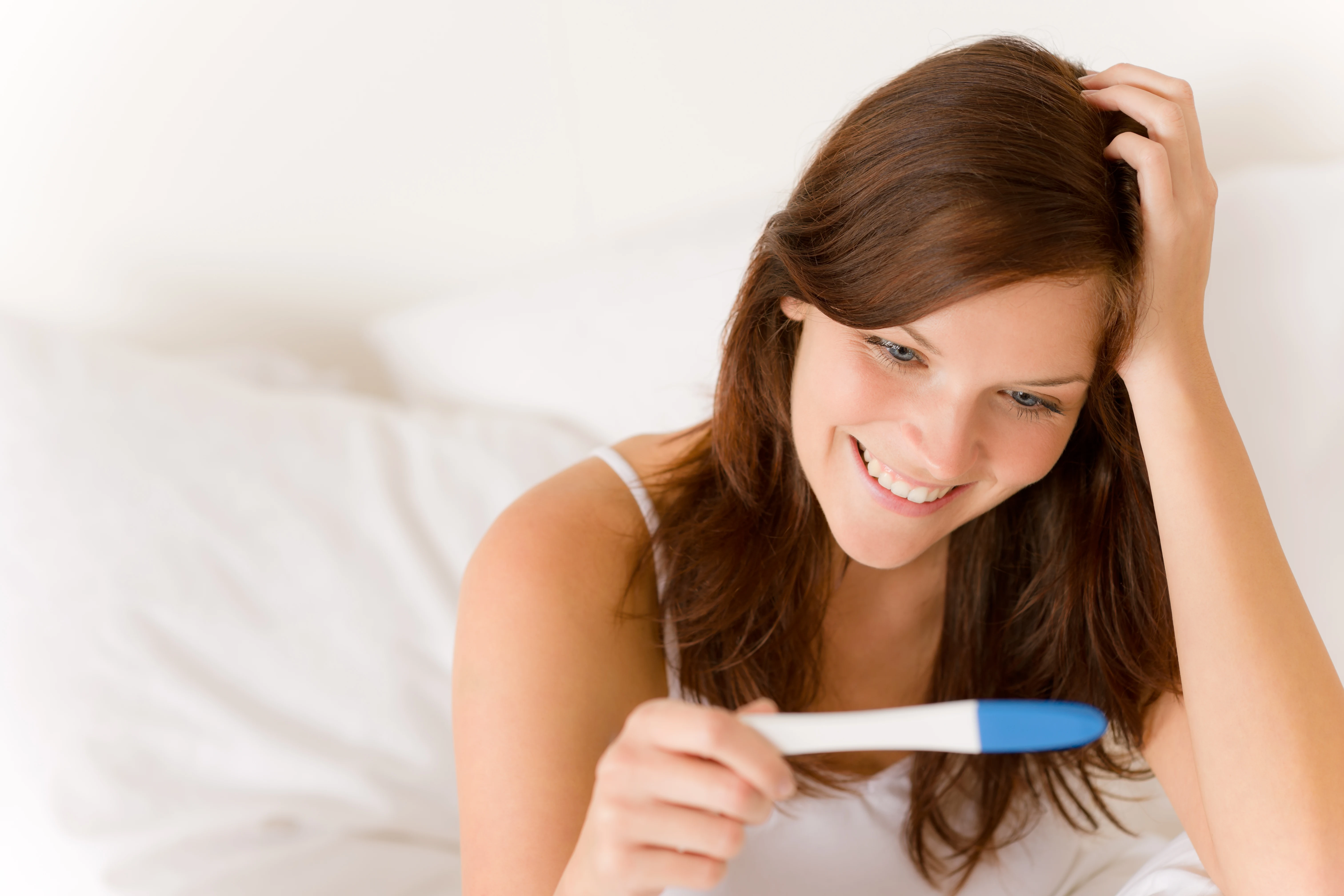
What are egg donation disqualifiers?
We’ve touched a bit on this in earlier sections, but it is important to know the factors that would disqualify you from becoming an egg donor.
Apart from age, you may also be disqualified because of certain medical conditions like genetic disorders or infectious diseases.
You may also be disqualified because of your choice of contraception or not following your assigned schedule properly.
Here is a detailed look at each of these points for potential donors:
- Health concerns: An egg donor must be in good physical health. You must also have a healthy BMI and not smoke or use drugs. A history of substance abuse, even if it is in the past, could disqualify you from becoming a donor.
- Inheritable genetic disorders: Your genetic history and health are always major concerns for prospective parents. Having any inheritable health conditions may disqualify you from being able to donate eggs. Your fertility clinic may perform genetic testing or blood tests because of this.
- Contraception: Women who use Depo-Provera injections or have a contraceptive implant are unable to donate their eggs. Certain pills and IUDs that alter hormones or prevent regular monthly periods are also ineligible.
- Menstruation: Healthy menstruation is a great indicator of fertility for women. If you have abnormal or irregular periods, it could be an indicator of reproductive conditions such as PCOS or endometriosis that can prevent you from being able to donate your eggs.
- Not following the schedule: If you want to be an egg donor, you have to be mature, dependable, and reliable. You must be willing to attend the meetings and appointments that are expected of you and respond to any communication from your fertility clinic promptly, usually within 24 hours. Unresponsiveness is one of the most common egg donor disqualifications.
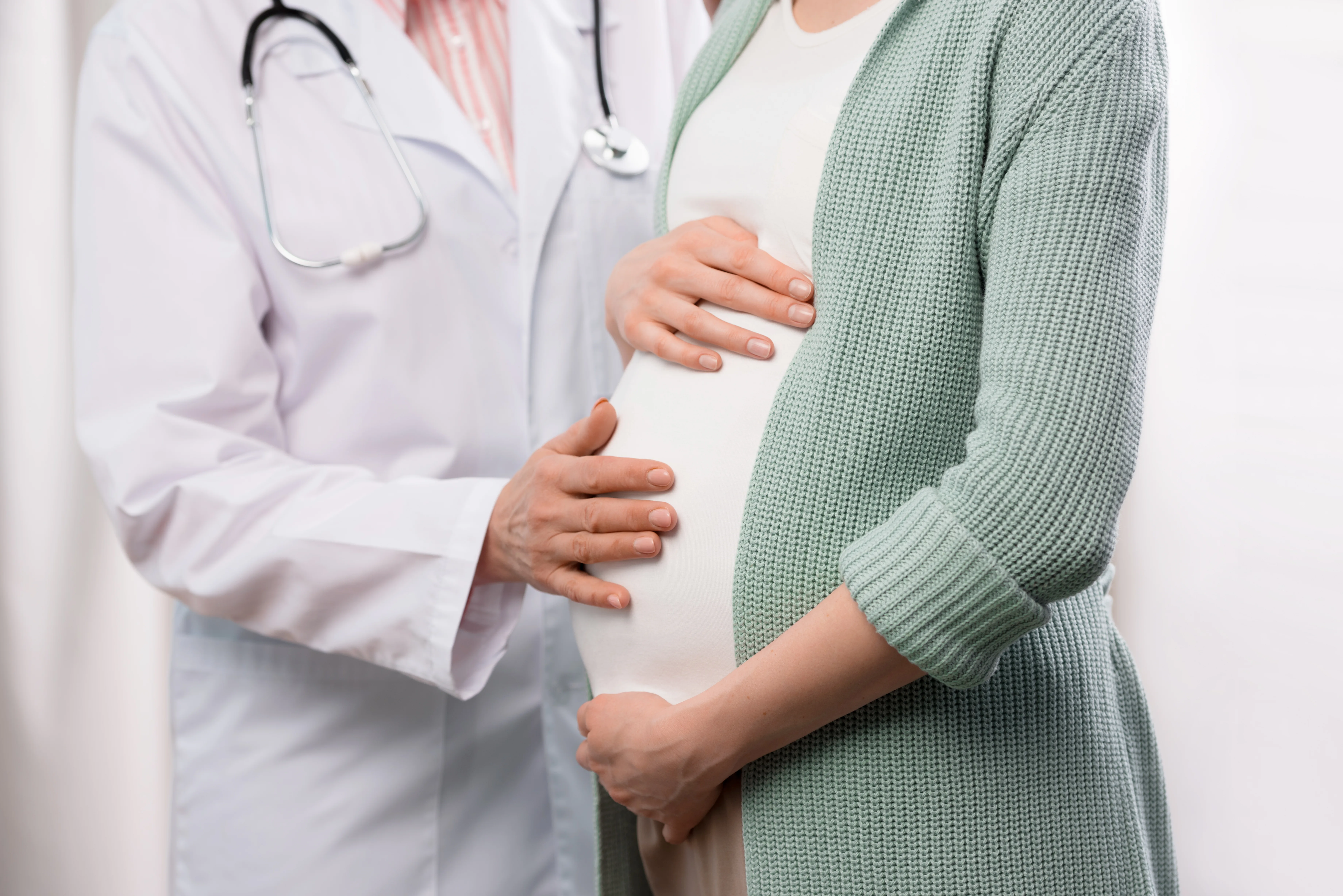
What is the egg donation process:
The egg donation process typically involves several steps and can take several weeks to complete. Here’s an overview of the typical process:
- Initial screening: The first step is to undergo a screening process to determine whether you are eligible to be an egg donor. This usually involves filling out a detailed medical history and undergoing physical and a psychological screening. After getting your test results, you’ll be contacted about the next steps for you.
- Matching with a recipient: Once you are approved as a donor, you will be matched with a recipient. The matching process is typically based on criteria such as physical characteristics, ethnicity, and medical history.
- Ovarian stimulation: Before the eggs can be retrieved, you will need to undergo ovarian stimulation. This involves taking medications (usually hormones) to stimulate your ovaries to produce multiple eggs. This process typically takes about two weeks.
- Monitoring: During the ovarian stimulation process, you will need to undergo regular monitoring to ensure that your ovaries are responding appropriately to the medications. This usually involves blood tests and ultrasounds.
- Egg retrieval: Once your ovaries are ready, the eggs will be retrieved through a minimally invasive procedure called transvaginal ultrasound-guided egg retrieval. This involves inserting a small needle through the vaginal wall and into the ovary to retrieve the eggs. This is an outpatient procedure.
- Recovery: After the egg retrieval and the next day, you will need to rest for a short period of time and may experience some cramping or discomfort. You will need to avoid strenuous activity for a few days.
When you receive your egg donor compensation depends on the agency you work with.
What to keep in mind when donating your eggs:
If you’re considering becoming an egg donor, there are several things you should keep in mind. Let’s talk about them:
- Success rates: According to the American Society for Reproductive Medicine, the success rates for egg donation are generally higher than using the intended mother’s own eggs. This is because donors are typically healthy young women with good fertility.
- The process: If you’re interested in becoming an egg donor, the first step is to fill out an online application or contact a reputable egg donor agency. The agency will guide you through the entire process, including screening, drug administration, and the egg retrieval procedure. After the completed cycle, you’ll be compensated for your gift of life.
- Medication: Part of the process of egg donation entails taking fertility medications through self-injection. These injectable medications cause ovarian stimulation to produce multiple eggs each month. They may cause side effects such as mood swings, bloating, headaches, and ovarian hyperstimulation syndrome (OHSS).
- Future contact: Depending on whether you donate your eggs as an anonymous donor or to someone you know, you may have different expectations and feelings about future contact with the recipient or the child born from your eggs. Be sure to discuss this with your fertility clinic, donor coordinators, and a mental health professional before donating.
- Egg donor rights: As an egg donor, you have the right to receive accurate information about the risks and benefits of egg donation. You also have the right to withdraw your consent at any time before the egg retrieval procedure, to receive fair compensation for your time and effort, and to have your privacy and confidentiality protected. Egg donors, anonymous egg donors or not, waive all parental rights when they sign the donation agreement at the egg donation agency.
- Support. Egg donation can be an emotionally challenging process that may affect your relationships, self-esteem, and identity. Be sure to seek the support of a mental health provider, a support group, or some other source of emotional support throughout the process
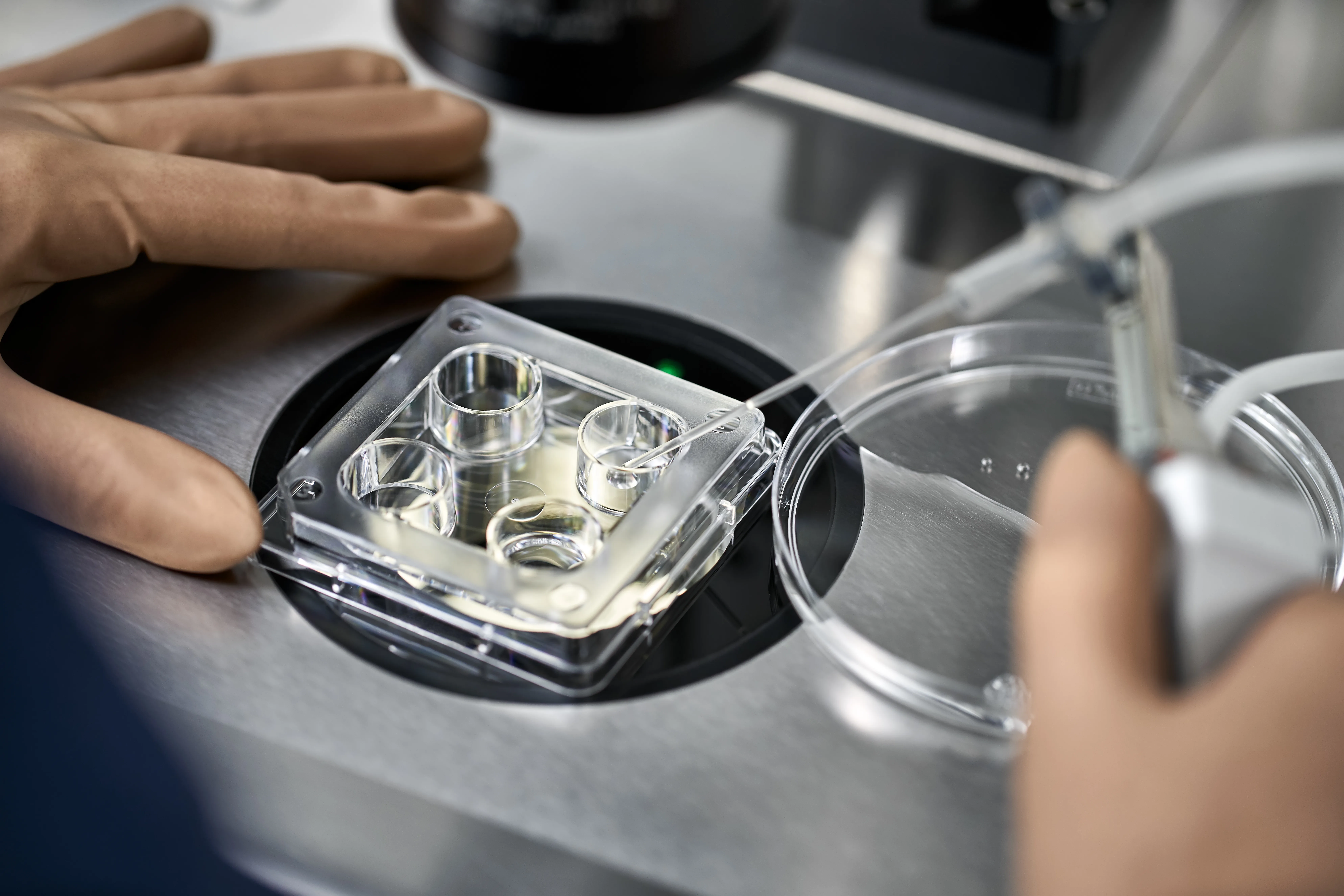
What are the risks of donating your eggs?
There are several risks associated with donating eggs, regardless of age.
However, the risks can be higher for women over the age of 30. Some of the potential risks include:
- Ovarian hyperstimulation syndrome (OHSS): This is a potentially serious complication of egg donation that can occur when the ovaries become overstimulated by the hormones used to stimulate egg production. OHSS can cause abdominal pain, bloating, nausea, vomiting, and in severe cases, can lead to hospitalization.
- Multiple pregnancy: Egg donation increases the likelihood of multiple pregnancies, which can pose health risks to both the mother and babies.
- Ectopic pregnancy: This is a rare but serious complication of egg donation where the fertilized egg implants outside the uterus, typically in the fallopian tubes. Ectopic pregnancy can cause severe abdominal pain and can be life-threatening if not treated promptly.
- Long-term effects on fertility: There is a concern that repeated egg donation may reduce a woman’s future fertility. While there is no conclusive evidence to support this claim, some studies suggest that the hormones used in egg donation may affect ovarian function in the long term.
- Psychological effects: Egg donation can be a physically and emotionally demanding process, and some women may experience psychological distress following the procedure.
It’s important to discuss these risks with a healthcare professional before deciding whether to donate eggs.
Additionally, it’s important to choose a reputable egg donation program that follows strict guidelines for screening and monitoring donors.
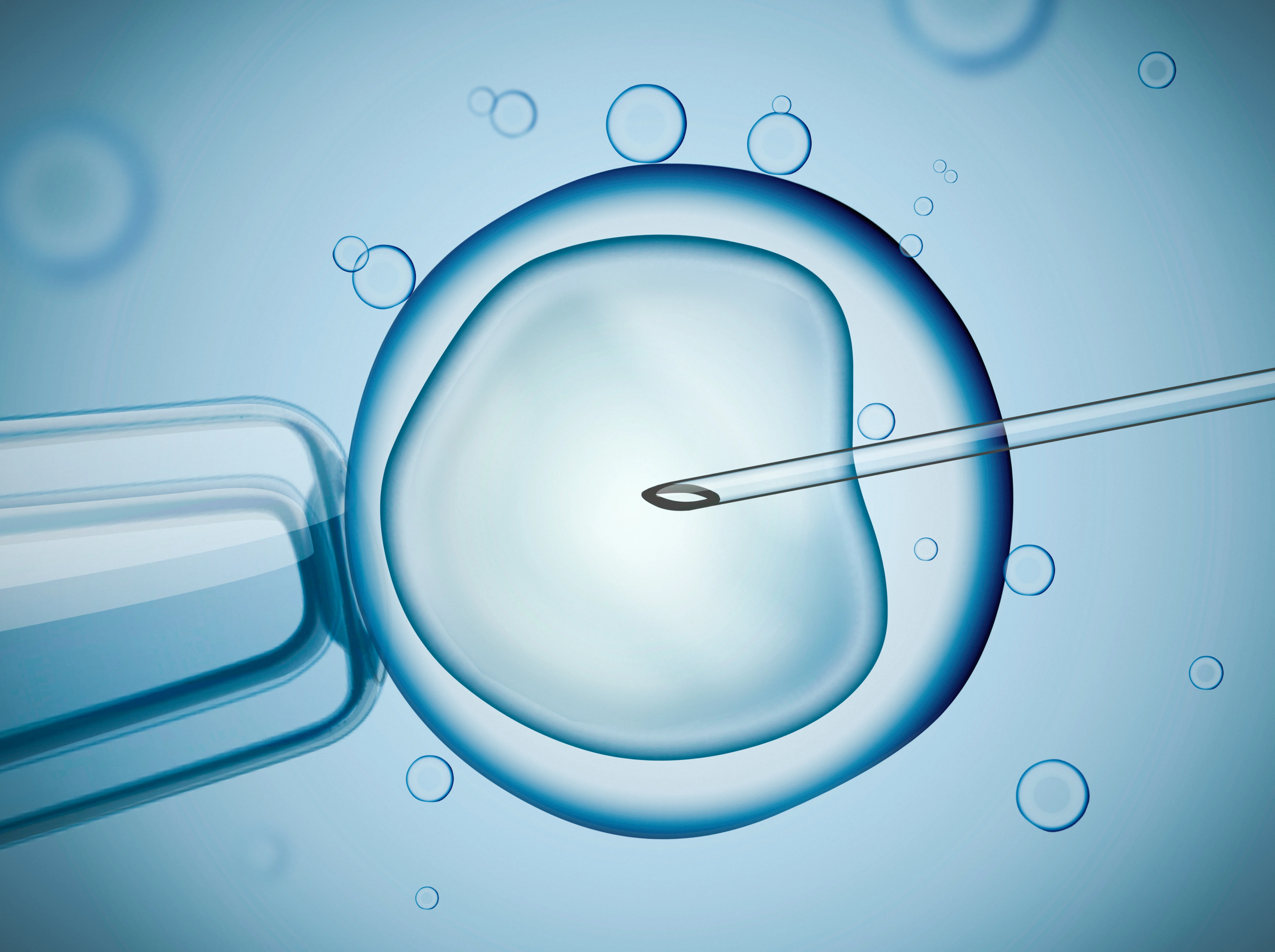
Psychological Concerns With Egg Donation
There are several psychological concerns associated with egg donation, including:
- Emotional distress: Egg donation can be a physically and emotionally demanding process, and some women may experience psychological distress following the procedure. The emotional stress of egg donation can be due to a range of factors, including the demands of the screening process, the potential for complications, and the fear of the unknown.
- Attachment to the eggs: Some women may feel a sense of attachment to the eggs they donate, even though they are not fertilized or used to create a pregnancy. This attachment can lead to feelings of grief or loss if the donation does not result in a successful pregnancy or if the recipient of the eggs does not keep in touch with the donor.
- Stigma: Egg donation is still a relatively new and sometimes controversial practice, and some women may face stigma or judgment from others for their decision to donate eggs. This stigma can be especially strong in certain cultural or religious communities.
- Identity concerns: For some women, egg donation may raise questions about their identity and their relationship to their biological offspring. Donors may wonder about the genetic link between themselves and their offspring and may struggle with questions about their role as a parent.
It’s important for women considering egg donation to discuss these concerns with a mental health professional, as well as with their healthcare provider and the egg donation program they are working with.
Counseling and support services may be available to help donors cope with the emotional and psychological aspects of egg donation.
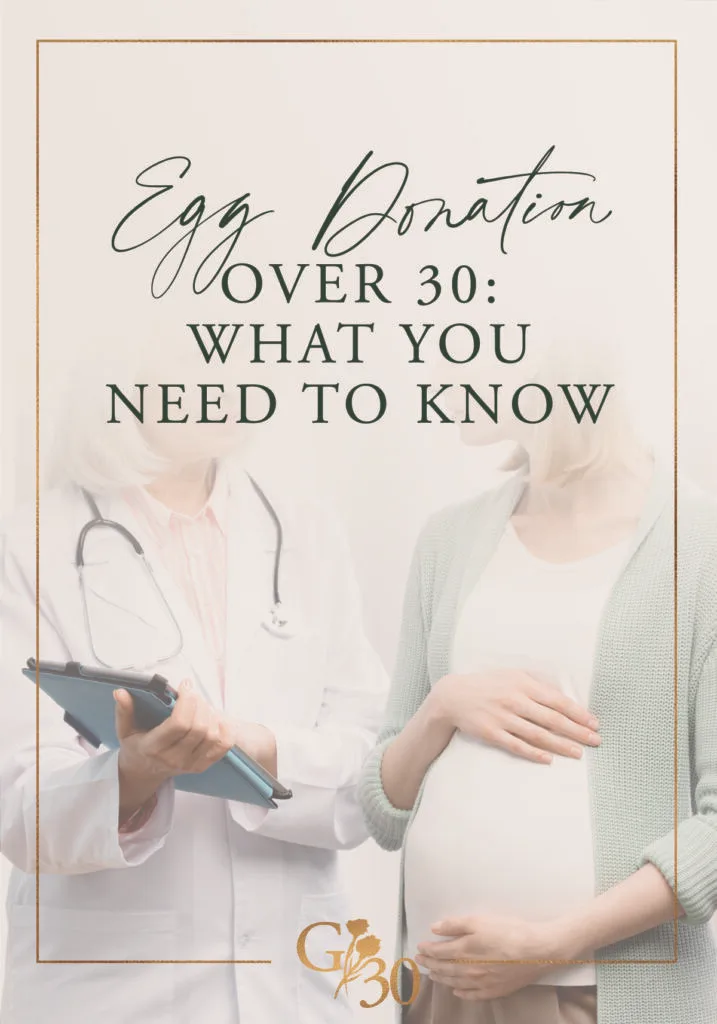
Final Thoughts
Egg donation is a generous and life-changing act. It is a gift that can help infertile couples have a successful pregnancy.
If you have been considering becoming an egg donor, the most important thing that you can do is to research the process thoroughly and work with a reputable agency or fertility center.
At the end of the day, remember that the gift of life is one of the most precious things you can give.
So, whether you’re a new donor or have completed your first successful egg donation cycle, you’re making a difference in someone’s life. Thank you.
Health and Skincare In Your 30s
- 9 Best Concealers For Mature Skin 2023
- 7 Non Toxic Hair Dye For Grey Hair Options
- How To Look Young at 30
- Best Blush For Aging Skin
- 30 Best Foundations for Women in Their 30s
- 20 Best Night Creams For Your 30s
- Botox at 30
- Signs of Aging at 30: What You Really Need To Know
- 15 Best Eye Cream For Your 30s
- Hot Flashes at 30: What You Need To Know
- Acne at 30 Years Old: Causes and Treatments of Adult Acne
- Wrinkles Under Eyes At 30 (Causes and Prevention)
- Getting Tonsils Removed at 30? Here’s What You Need To Know
- Female Body Changes at 30: 10 Things You Need To Know
- The Top 10 Best Olay Products For Your 30s (2023)
- Braces at 30: Everything You Need To Know
